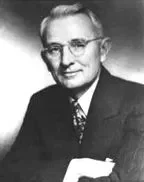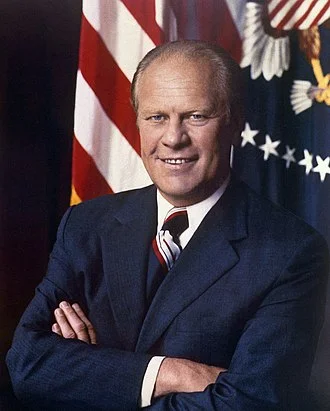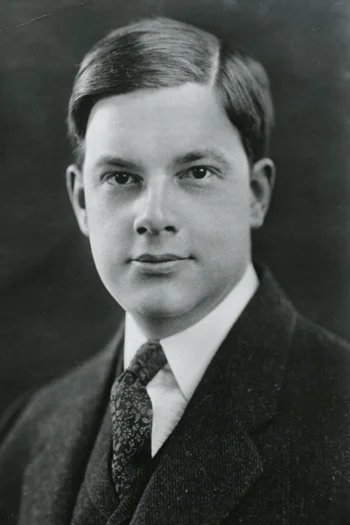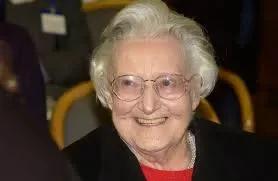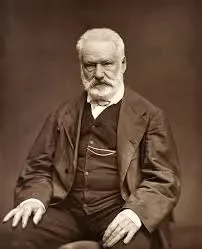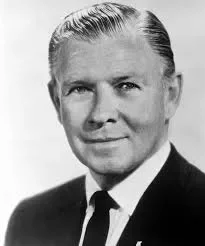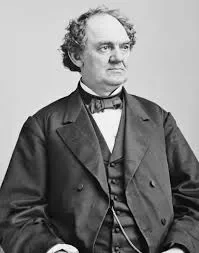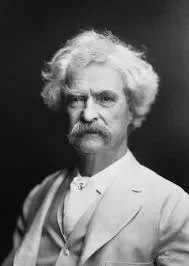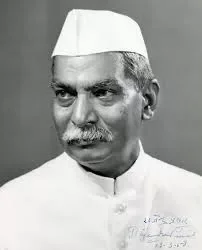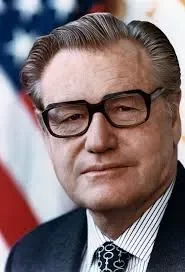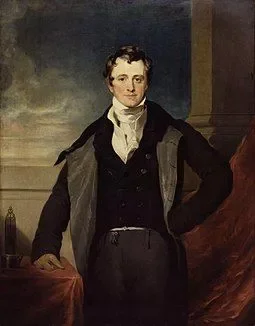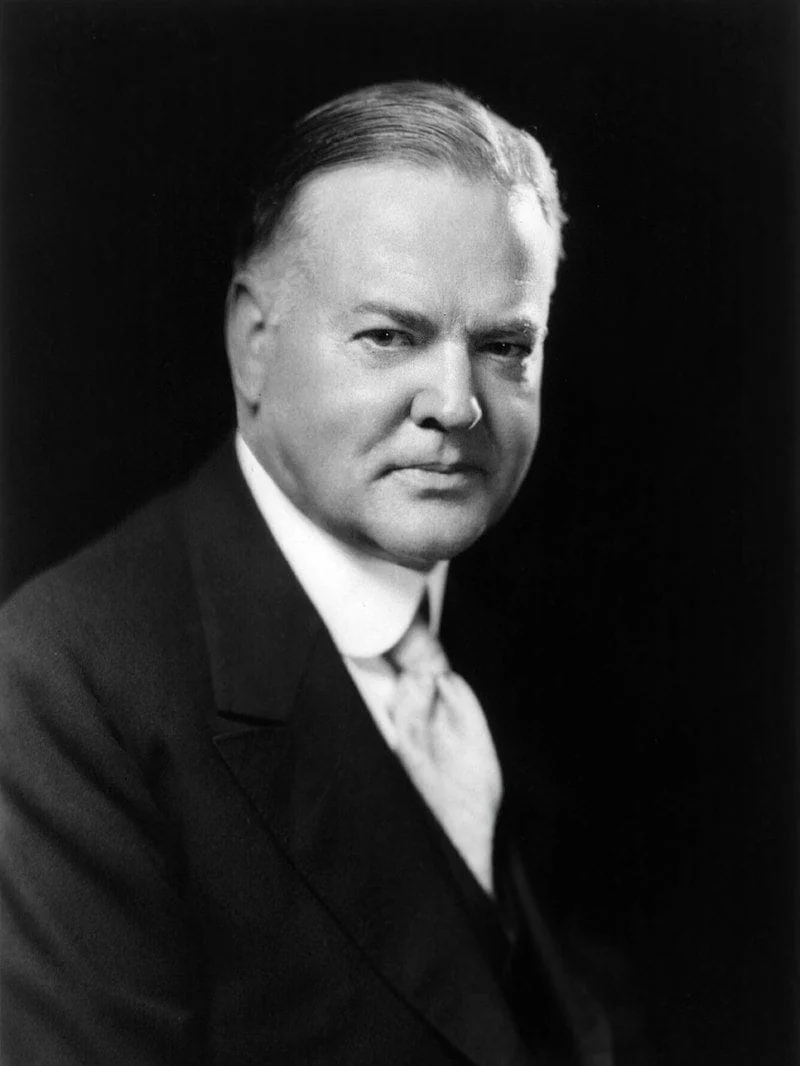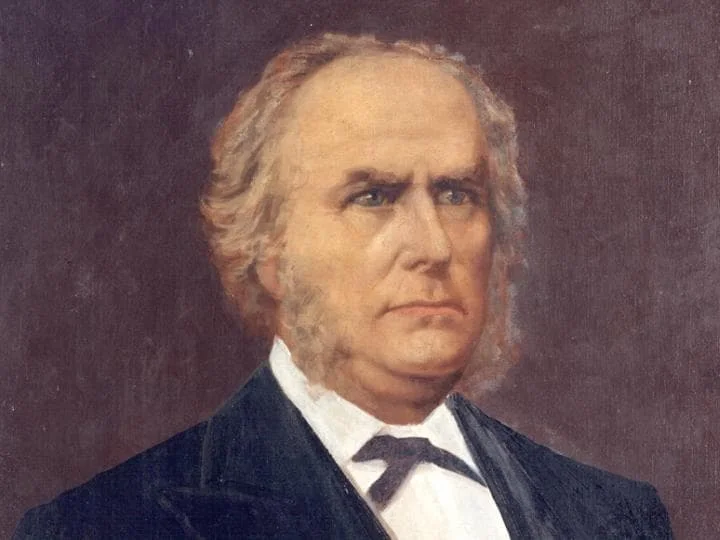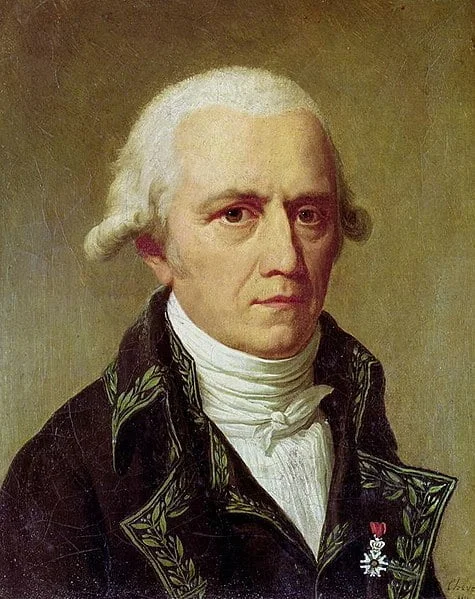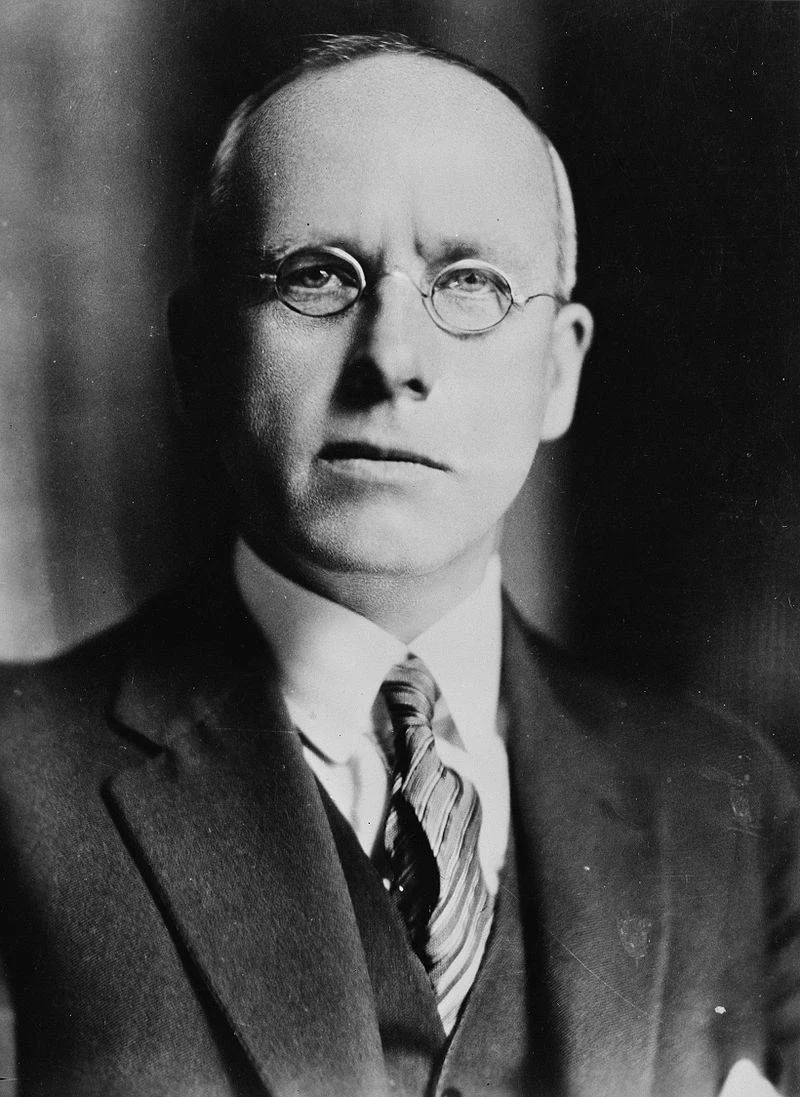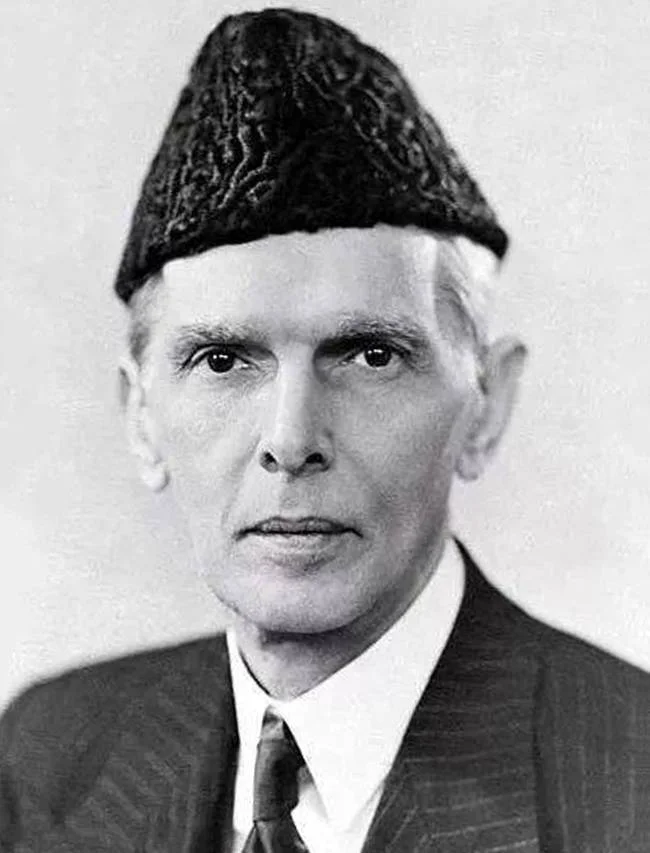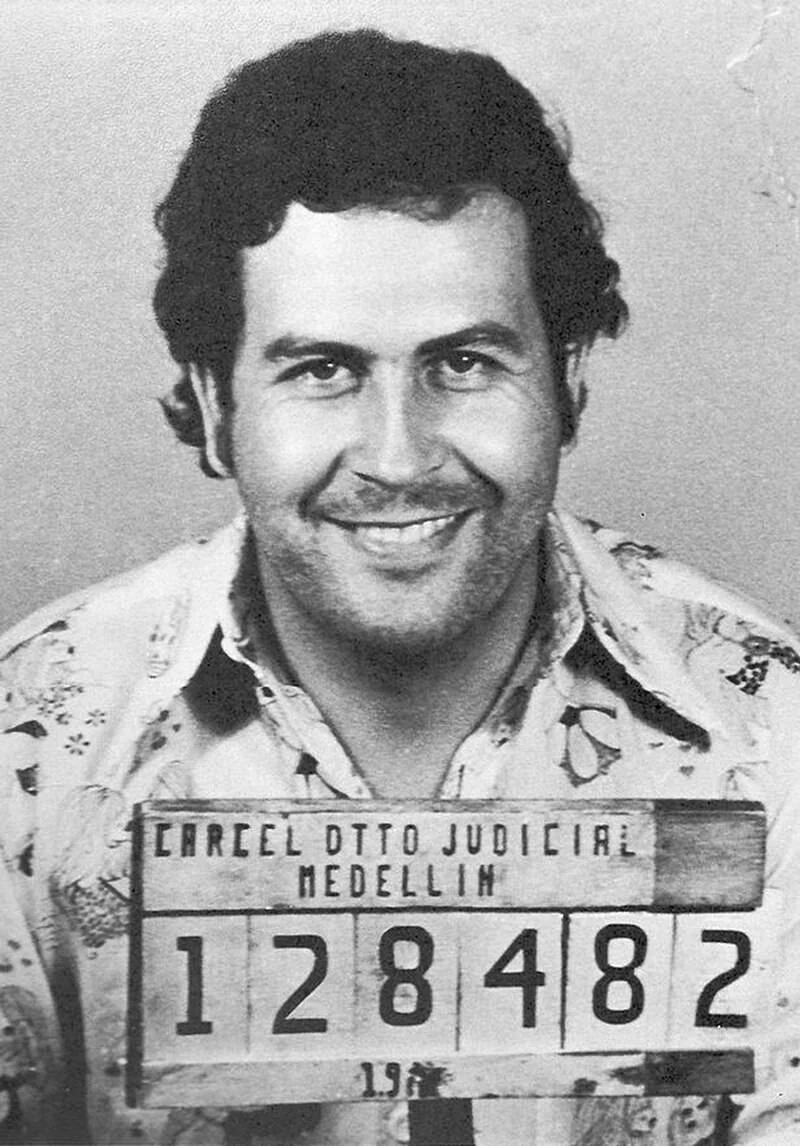Real Celebrities Never Die!
OR
Search For Past Celebrities Whose Birthday You Share
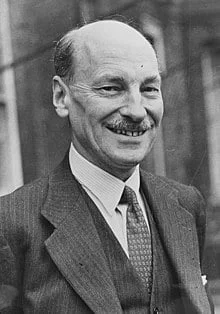
source:wikimedia.org
Clement Attlee
Birthday:
03 Jan, 1883
Date of Death:
08 Oct, 1967
Cause of death:
Pneumonia
Nationality:
British
Famous As:
Barrister
Age at the time of death:
84
Clement Attlee's Quote's
Clement Attlee – Early Life and Family Background
Clement Richard Attlee,was a British statesman and politician who served as the Prime Minister of the United Kingdom from 1945 to 1951. and became the leader of the Labour Party. He was known for leading the British government in the immediate aftermath of World War II. Clement Attlee was born on January 3, 1883, in Putney, London, England, into an upper-middle-class family. He was the seventh child of Henry Attlee, a solicitor, and his mother, Ellen Bravery Watson. The Attlee family was wealthy, which gave Clement a comfortable upbringing.
Education and Early Career
He had his primary education at Northaw School in Hertfordshire. Later, he attended Haileybury College and studied at the University of Oxford, where he was an active member of the Liberal Club. In 1904, he graduated with a degree in Modern History and developed an interest in social and economic issues. After finishing his studies, he started volunteering at a charitable club in Stepney, London’s East End, in 1906, before eventually choosing to pursue a legal career. In 1908, he joined the Independent Labour Party to help the impoverished in East London through public service and activism.
Military Service and Political Beginnings
The outbreak of World War I led Attlee to enlist in the British Army in 1914 and join the South Lancashire Regiment. His ability to effectively lead and manage troops during his military service led to his promotion to the rank of major. In 1919, Attlee returned to politics and became the mayor of the Metropolitan Borough of Stepney.
Clement Attlee – Rise in the Labour Party
Clement Attlee’s career as a politician took off when he was elected as a member of parliament for the constituency of Limehouse in 1922. He represented the Labour Party and quickly gained a reputation for his interest in social and economic activities. He was involved in drafting important policy documents, including the influential “Labour and the New Social Order” memorandum. The Labour Party suffered a disastrous outcome in the 1931 general election, with Attlee barely managing to keep his Limehouse seat. Following the election, George Lansbury became the Labour Party leader, and Attlee was elected as his deputy. During this time, Attlee faced financial struggles due to his wife’s illness and the lack of a salary for the Leader of the Opposition. In December 1935, Attlee became the leader of the Labour Party following the resignation of George Lansbury.
Leadership During Wartime
Clement Attlee remained as Leader of the Opposition when the Second World War broke out in September 1939. Attlee joined as Lord Privy Seal in the Cabinet led by Winston Churchill and formed a War Cabinet with representation from both the Conservative and Labour parties. In 1942, he became Britain’s first Deputy Prime Minister and held several key positions, including Dominions Secretary and Lord President of the Council.
Prime Ministership and Key Achievements
The Labour Party, led by Attlee, won a resounding victory in the 1945 general election, resulting in Attlee assuming the role of Prime Minister of the United Kingdom following World War II. In 1948, Attlee established the National Health Service, providing free healthcare services to all British citizens, regardless of their income or social status. Clement Attlee introduced a series of social welfare measures like the National Insurance Act and Housing Act of 1946 and the Family Allowances Act of 1945. He nationalized key industries, like coal mining, railways, and the Bank of England, and aimed to ensure public control and equal distribution of resources. In 1947, Attlee’s government granted independence to India, marking a significant step in the process of decolonization. In 1949, Attlee’s government founded the North Atlantic Treaty Organization. His government also played a significant role in Education Reforms, Economic Stabilization, and Cultural and Social Changes.
Later Life and Legacy
Even after his term as Prime Minister ended in 1951, Attlee remained an active Labour Party member. In December 1955, after retiring from the House of Commons, Attlee was granted the peerage of Earl Attlee and Viscount Prestwood. In 1958, Attlee played a significant role in founding the Homosexual Law Reform Society. He passed away at the age of 84 due to pneumonia on October 8, 1967, at Westminster Hospital. Attlee’s funeral had around two thousand attendees, including Prime Minister Harold Wilson and the Duke of Kent. Social changes and policy implementation during Clement Attlee’s tenure as Prime Minister shaped modern Britain’s welfare. Attlee’s contributions to his country continue to be remembered as part of his enduring legacy.
Name:
Clement Attlee
Popular Name:
Clement Attlee
Gender:
Male
Cause of Death:
Pneumonia
Spouse:
Place of Birth:
Putney, England
Place of Death:
London, England
Occupation / Profession:
Personality Type
Protagonist: Charismatic and inspiring leaders, able to mesmerize their listeners. His strong leadership abilities enabled him to bring about numerous changes.
Attlee became the most sympathetic British leader concerning India's Independence.
Attlee was the first Labour Party Prime Minister of the UK ever to serve a full term after the Second World War.
Attlee wrote a book named 'The Social Worker,' and published in 1920.
Knight Companion of the Order of the Garter
Knight of Justice of the Order of St John
Member of Her Majesty’s Most Honourable Privy Council
Member of the Order of Merit
Member of the Order of the Companions of Honour

